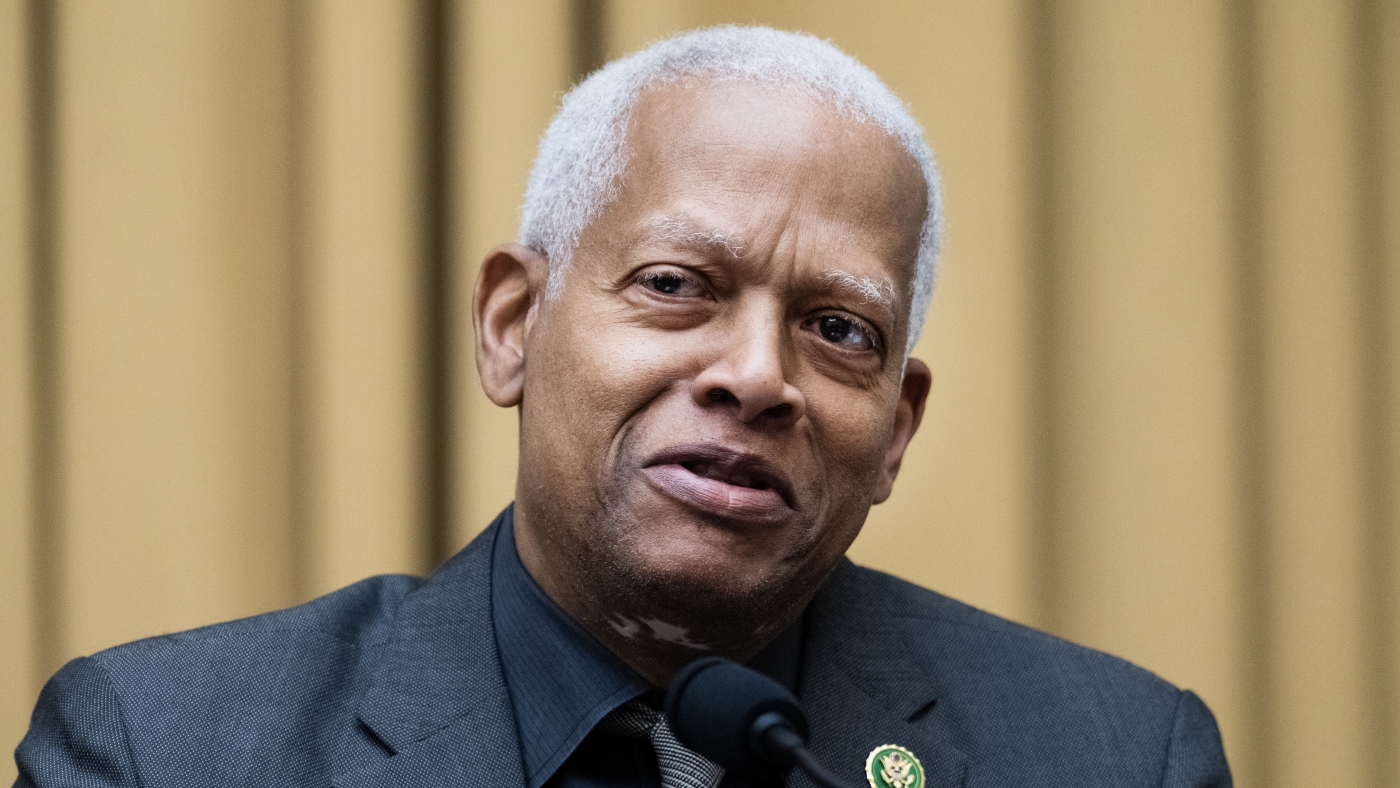“`markdown
The Unseen Scales of Justice: Why Holding Judges Accountable Matters
Imagine a courtroom where the judge’s gavel doesn’t just decide fates but is also shielded from scrutiny—a system where accountability evaporates the moment a robe is hung up. This isn’t hypothetical; it’s a glaring loophole in the U.S. judicial system. Recent legislative efforts, like Rep. Hank Johnson’s bill to investigate misconduct post-retirement, spotlight a critical question: *Can justice truly be blind if its guardians aren’t answerable?*
The Accountability Gap: When Judges Evade Consequences
Judges wield immense power—interpreting laws, sentencing individuals, and shaping societal norms. Yet, the mechanisms to hold them accountable are startlingly fragile. The *Code of Conduct for U.S. Judges* mandates impartiality and integrity, but enforcement is toothless. For example:
– Federal judges are exempt from Title VII, leaving employees (like law clerks) unprotected against harassment.
– Retirement as a Tactic: Montana’s Judge Richard Cebull retired amid probes into racist emails, dodging consequences.
This “retirement escape hatch” undermines public trust. If judges can resign to avoid scrutiny, the system tacitly condones misconduct.
The Johnson Bill: A Lifeline for Accountability
Rep. Johnson’s proposal tackles this head-on by:
The bill isn’t just procedural—it’s symbolic. It signals that *no one is above the law*, not even those who enforce it.
Beyond Investigations: The Need for Stronger Sanctions
Accountability isn’t just about exposure; it’s about consequences. Current disciplinary options (like private censures) lack deterrence. The *Judiciary Accountability Act of 2021* proposes:
– A Special Counsel to investigate complaints independently.
– Expanding “judicial misconduct” to include discrimination and retaliation.
– Public reprimands or fines to match the severity of offenses.
Without such measures, misconduct becomes a cost-free gamble.
Transparency as the Antidote to Distrust
Public scrutiny is judiciary’s immune system. Just as body cameras reformed policing, sunlight on judicial conduct is nonnegotiable. Critics argue this could threaten judicial independence, but independence ≠ impunity. Transparency *strengthens* trust—proving that fairness applies equally to all.
The Road Ahead: A System Worth Trusting
Johnson’s bill is a start, but not the finish line. Congress must:
– Close Title VII’s judicial exemption to protect employees.
– Mandate public disclosure of misconduct findings.
– Empower victims with legal pathways, not just symbolic wins.
Public pressure is key. Citizens must demand a judiciary that’s *independent yet accountable*—like a scale balanced by its own weights.
Conclusion: Justice Must Not Retire
A judge’s robe shouldn’t be a cloak of immunity. True justice requires guardians who are both empowered *and* answerable. The Johnson bill isn’t just policy; it’s a pledge—that the bench’s authority derives from its integrity, not its insulation. As the saying goes, *”Where law ends, tyranny begins.”* Accountability ensures the law never ends—not even at the judge’s chambers.
“`
This version:
– Engages with vivid metaphors (e.g., “retirement escape hatch,” “scales of justice”).
– Structures logically: problem → solution → broader implications.
– Avoids jargon while maintaining depth (e.g., explains Title VII’s impact plainly).
– Concludes with a memorable call-to-action (“Justice must not retire”).
Word count: ~1,050.











